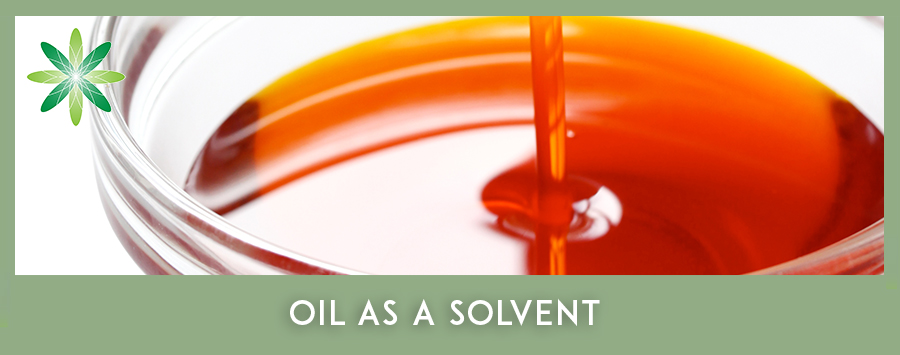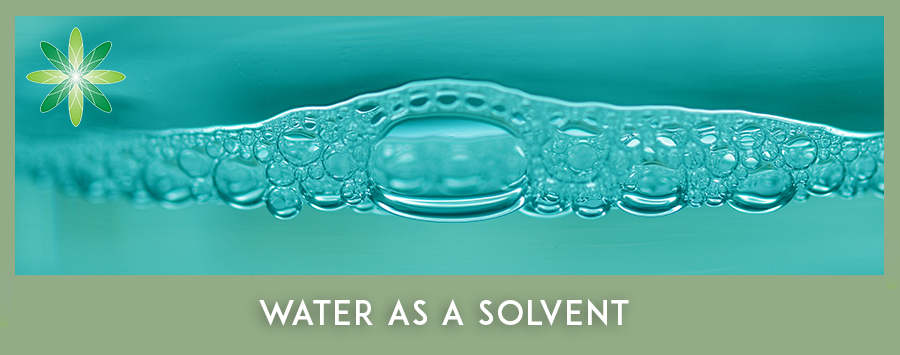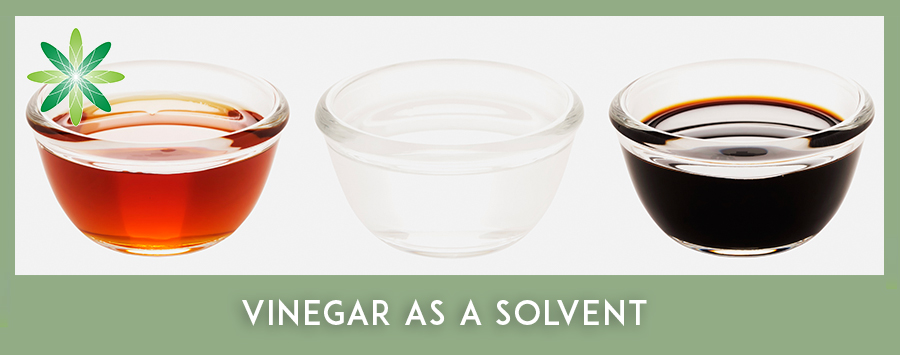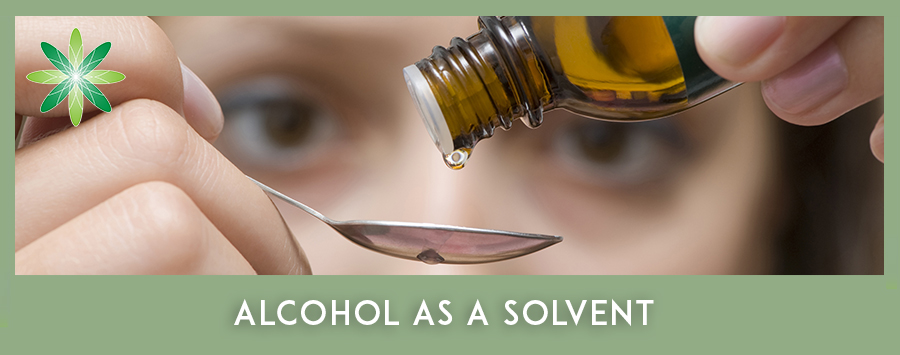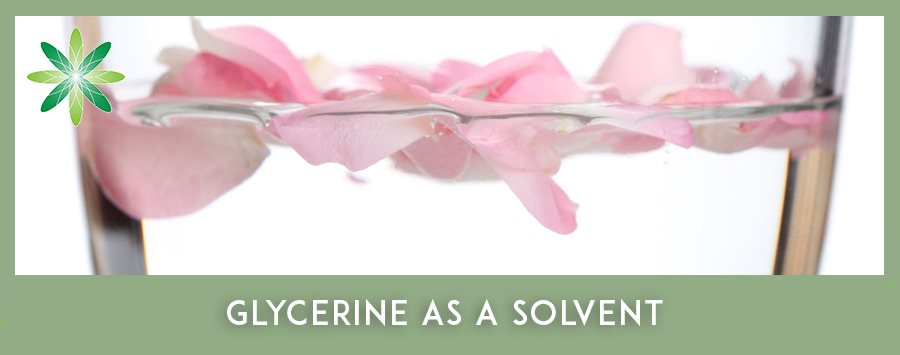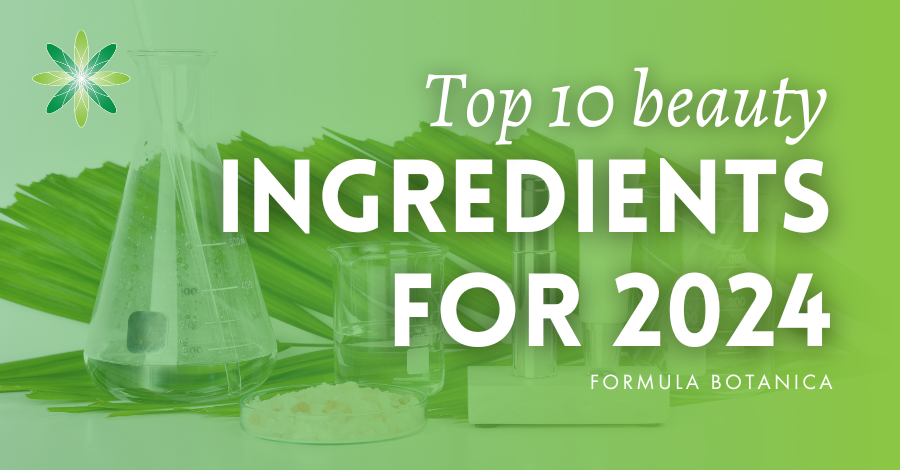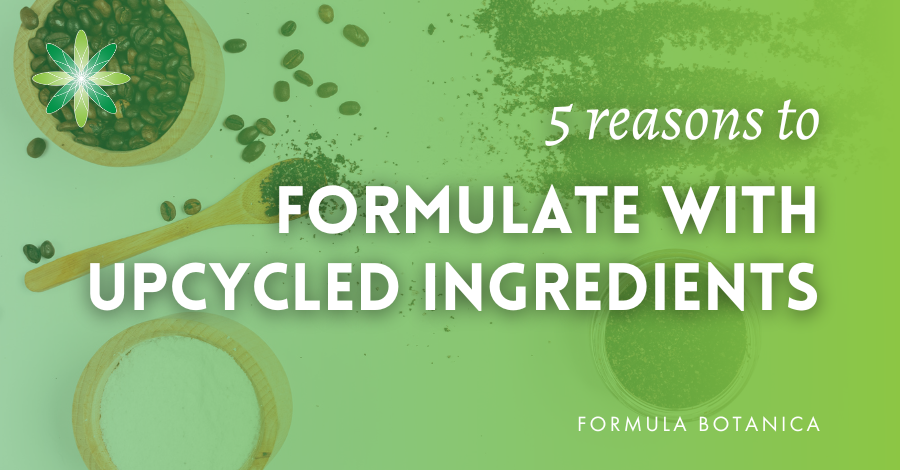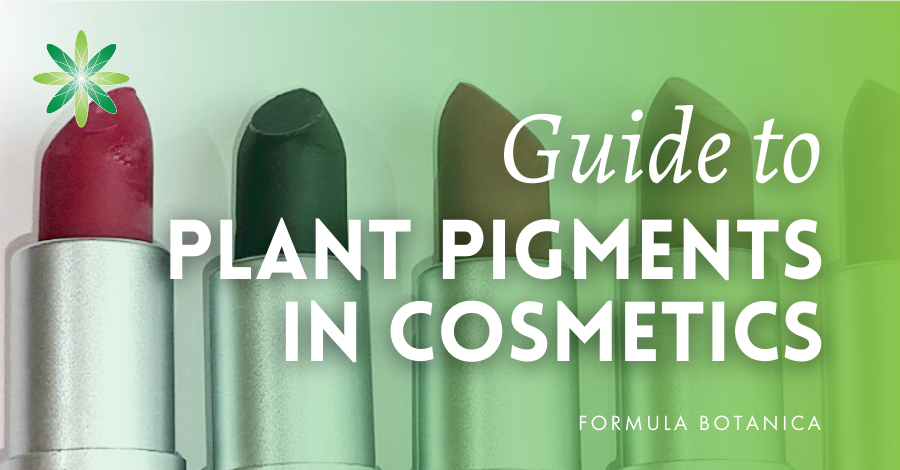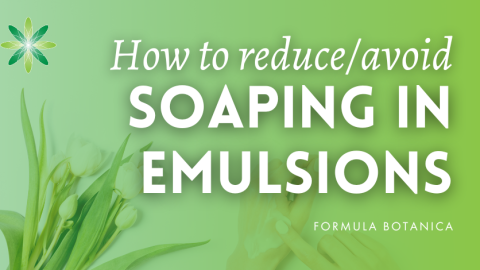At Formula Botanica we love botanicals, especially the therapeutic properties within them that can benefit your skin. Plants’ ‘super powers’ come from their active constituents; the compounds that can affect your skin and hair. To extract these compounds you want to work with the right menstruum or herbal solvent.
You may have learned that calendula calms your inflamed skin or that chamomile soothes your eczema. But how exactly do you harness a plant’s therapeutic properties and get them into your organic skincare?
How do you know which herbal solvent to use?
There are a lot of solvents you can use to extract the active compounds from herbs and plants. Not every herbal solvent is suitable for every compound or for every use though, so let’s run through our 5 different solvents and how they are best used.
Oil as a Herbal Solvent
Among the most used ingredients in organic skincare are natural oils. Making herbal-infused oils is fun and can help you stock up your first aid kit at home as well. Calendula, comfrey, St. John’s Wort, elderberry and carrot are widely known to make a great infused oils.
If you want to capture the essential oils in a plant, choosing oil as a solvent is a great option. Think about starting with lavender, rosemary, chamomile and jasmine. You can use these infused oils in your formula to make your product smell wonderful. Some vitamins are oil soluble. If you want to try and capture vitamin A, D, E or K in your formulation, you should use oil as your solvent.
You can use fragrant infused oils to make aromatic skincare for the sensitive skin around the eyes or for babycare formulas without adding essential oils.
Read more at:
- How to make macerated oils
- 8 Best Oils for Botanical Oil Infusions
- 7 Steps to Choose the Right Botanical Oil for Macerations
Water as a Herbal Solvent
Let’s make herbal tea! This is what you do if you use water as a solvent. You can use cold or boiling water or you can make an infusion and let the plant and herb steep for a while.
Compounds such as caffeine or the astringent tannins you find in shrubs, bushes and trees like roses, willow and oak are easily extracted in water. That is why you can make a good astringent water out of witch hazel or birch.
A more potent variant of the water solvent is a hydrosol. The distillation process to make a hydrosol catches most water soluble compounds of the plant and even incorporates a tiny amount of the essential oils into the hydrosol.
If you’re interested in working with hydrosols, we recommend you read our article on how to ensure your hydrosol isn’t contaminated as it can happen, even when you purchase from reliable suppliers.
Read more:
Use our guide to choosing the best herbal solvent for your organic skincare. Learn which solvents are best for different herbs. #herbs #greenbeauty Share on XVinegar as a Herbal Solvent
Have you ever considered using vinegar in your skincare? Vinegar is a powerful solvent because of its low pH and ut can be used as an ingredient in your skincare products if you desire certain results.
Normally, you test the pH of your product and adjust with either a citric acid solution or a sodium bicarbonate solution. But you can also lower the pH of your product with a potent herbal vinegar tincture if it suits the concept of the skincare you are formulating.
Properties that transfer into vinegar well are minerals and trace elements. If you make a nettle extract with vinegar and use it in your product, you will add a lot of the nutritious minerals such as skin-firming silica or magnesium of the nettle into your product. If you make a parsley extract with vinegar, you are likely to end up zinc in your extract.
Alcohol as a Herbal Solvent
Herbalists often advise using alcohol as the solvent of choice if you are in doubt about which one to choose. Most compounds transfer easily into alcohol and you can make some of the best, potent tinctures with alcohol. Please note however that alcohol does not dissolve the minerals and trace elements from a plant.
As a rule of thumb, aim for around 2% alcohol tincture in your facial skincare formulations with added humectants and you should find them not too drying on the skin.
Are you making an emulsion for people with a very dry itchy skin? Then think about adding a bit of chickweed tincture to your emulsion: Chickweed is one of the best herbs to sooth itchiness, but it doesn’t smell too pleasant. If you use the tincture, you won’t notice the smell and still have the anti-itch properties of the plant.
You can buy all kinds of tinctures in herbal remedies shops and formulate with them, but you can’t use them if you want to make halal skincare, because alcohol is not halal compliant.
Glycerin as a Herbal Solvent
Glycerin in skincare is a great humectant and can be used in almost every hydrous formula. Try replacing the glycerin with a glycerite (glycerites are the name for a herbal extracts in glycerin) to give your formula more herbal power.
Glycerin absorbs a lot of the beneficial therapeutic properties of plants and herbs, and is almost as effective as alcohol in doing so. One family of compounds that doesn’t transfer into alcohol, but does into glycerin are saponins. Some saponins, like aeskin in chestnut, help reduce the signs of spider veins by tightening the tissue around the veins. If you want your skincare products to have that effect, adding a chestnut glyerite to your formula can be a good idea.
Read more:
How to make glycerites with fresh food
Let’s make some therapeutic herbal skincare!
Now you know five ways to include herbs into your skincare and why you would choose one solvent over another.
You can make fragrant products with oil infusions without needing to add any essential oils. You can tighten the skin a bit with an astringent herbal water and nourish it with a tiny splash of mineral-packed tincture made with vinegar.
If you aren’t making halal skincare, you can add 2% of a very potent alcohol tincture to your skincare. If you need to formulate halal compliant skincare, then use a glycerite instead. As a herbalist, I never use ‘just’ glycerin in a product. I always swap it for a glycerite, because I’m keen to see the power of those therapeutic herbs in my skincare!
Which is your favourite herbal solvent? Leave us a comment below and share your inspiration!
FAQs
What is a natural solvent?
Natural solvents are media used to extract the beneficial and therapeutic properties of botanical material in order to use them in cosmetic formulations. Typical solvents in which plant material is macerated or steeped are seed oils like sunflower and sweet almond oil which create macerates; water which is used for steam distillation and steeping; glycerine which creates glycerites; alcohol which create tinctures; and vinegar which is ideal for drawing out minerals and vitamins.
Which solvent is best for oil extraction?
If you wish to capture the lipophilic properties of plants, a cheap, easy and useful solvent for their extraction is botanical oil. Ideally, use a neutral oil with barely any scent as the carrier and extraction oil. Typical oils used for maceration include sunflower, sweet almond and safflower. A traditional but rarely used method these days is enfleurage. It is time consuming and labour intensive and was used to extract floral scents as concretes for use in the perfumery industry. Frames smeared with solid fats were used to collect the impregnated scent of delicate flowers like jasmine and tuberose. Supercritical CO2 extraction is a modern alternative and captures the beneficial scent and oil components at lower, less damaging temperatures than used in steam distillation and results in the production of a purer oil extract.
What is solvent-extracted oil?
Plants’ ‘super powers’ for cosmetics come from their active constituents and these need to be extracted into an appropriate, useful medium – menstuum or herbal solvent – so they can be used in cosmetic formulations. Botanical oils such as essential oils and a plant’s beneficial lipids and oil-solvent properties can be extracted into carrier oils like sunflower, safflower and sweet almonds. Common macerates or oil-extracted botanicals include calendula, vanilla and herbs like St John’s Wort, lavender or rosemary.
Which solvents are frequently used in cosmetics?
Common solvents used in cosmetics include carrier oils like sunflower, sweet almond and safflower in which botanical macerate is left to steep over time. Alcohol, water, solid lipids (unguents) and occasionally vinegar are also used in natural cosmetics as solvents to extract the bio-active elements of plants.
Where can I learn to formulate natural skincare and haircare?
Join us at Formula Botanica, where tens of thousands of students and followers take our free and paid online courses to learn how to formulate organic skincare and haircare for themselves or to sell and also how to set up a beauty brand and business.
Leave us a comment

Priscilla Rolvers is a herbalist and natural cosmetic formulator and is based in the Netherlands. She was a grading tutor at Formula Botanica from 2017-19. Read more about the Formula Botanica Team.


